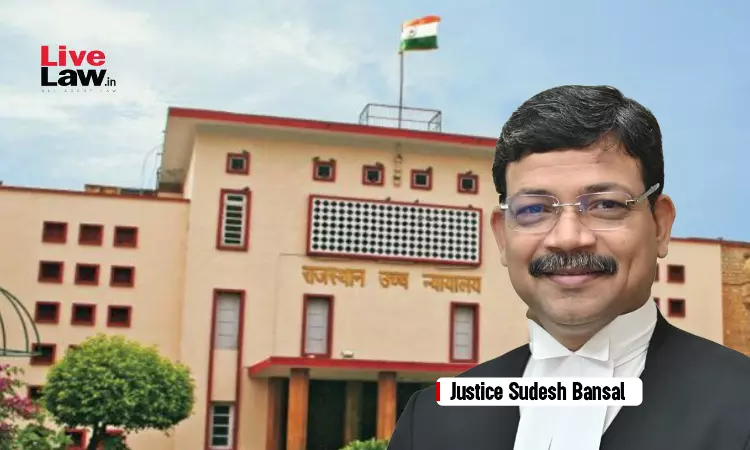Pre-Arb Step(s) Cannot Be Treated As Mandatory If Could Not Be Fructified: Rajasthan High Court
Nupur Agrawal
23 Aug 2024 11:14 AM IST

Next Story
23 Aug 2024 11:14 AM IST
The bench of Justice Sudesh Bansal at the Rajasthan High Court opined that where pre-arbitration steps mentioned in the agreement could not be fructified, it could not be held that those were mandatory in nature and in the event of failure of these no arbitration could be initiated. The Court held that it was a well settled principle of law that an arbitration agreement being a commercial...
